How to Prepare Your HVAC for Winter
As the seasons change, so do the demands placed on your HVAC system. The cold winter months ahead may allow you to stash away your air conditioner and save on cooling costs, but those savings will be offset by the time and energy spent running your home's furnace.
With so much change taking place across your HVAC system's operations, it's important to perform seasonal HVAC maintenance that will prepare both your air conditioner and furnace for the months ahead. From making sure you winterize your A/C unit to testing your furnace to make sure it's ready for a heavy winter workload, read on for some winter HVAC service tips to maximize performance and minimize heating and cooling costs.
Schedule Your Air Conditioner's Seasonal Maintenance
Many homeowners question the importance of servicing their air conditioner in the fall, right before the appliance is packed away for the winter months. But while seasonal maintenance for your air conditioner is crucial in the spring, fall maintenance can also impact the health of your air conditioner, the risk of intensive maintenance and repairs come the spring, and the overall lifespan of the appliance.
Fall A/C service can clean out leaves and other debris that accumulate over the summer, and it can reduce the risk of rusting and other material breakdowns that can accelerate aging in the appliance. Once spring rolls around, you can schedule another tuneup to make sure the unit is ready to resume its heavy summer workload.
How to Winterize Your HVAC System
Wondering what tasks need to be taken care of during your HVAC's fall service? While an HVAC technician can evaluate your system's unique needs and make sure it's ready for the long winter ahead, any process to winterize your HVAC system should include the following steps:
- Schedule a tuneup for your furnace. A tuneup from an HVAC technician will handle all of the technical maintenance needs that will help your furnace remain up-and-running throughout the winter. Tuneups can clean debris from your furnace, tighten and lubricate internal components, and address small issues before they cause costly appliance breakdowns.
- Change furnace filters. Most furnace filters need to be changed every 90 days, if not sooner. HVAC experts recommend starting the fall season with a fresh filter to clean your home's air.
- Check your furnace's pilot light. If your furnace runs on gas and the pilot isn't lit, you won't be getting any heat when the appliance turns on.
- Disconnect and cover your air conditioner. If your home has a freestanding air conditioner, disconnect it from electricity and place an A/C cover over the unit to protect it from the elements this winter.
- Check the batteries in your carbon monoxide detector. Faulty furnaces could release deadly carbon monoxide into your home. A carbon monoxide detector is essential to keep you and everyone in your home safe from an accidental poisoning.
Other Tips to Improve HVAC Performance in Winter
Along with a tuneup and maintenance to both your furnace and A/C unit, every household can take some simple steps to alleviate the burden of keeping their home heated during the winter. While not directly related to the functioning of your furnace or air conditioning unit, the following steps will improve HVAC performance and save you money on heating this winter:
- Add insulation in your attic. Increased insulation will reduce heat loss through one of the most vulnerable parts of your home. An insulation expert can inspect your attic's existing insulation and determine whether an added layer could lower heating costs for your home this winter.
- Reseal cracks around your doors and windows. Cracks in your home's caulking, or in weather-stripping, can create drafts that accelerate heat loss and increase your furnace's runtime.
- Install a smart thermometer. Smart thermometers offer a number of benefits when managing both your furnace and air conditioner operations. Eco-friendly heating and cooling, as well as programmable features to optimize when and how you heat and cool your home, can lower heating and cooling costs while also improving HVAC efficiency.
- Turn down your indoor air temperature. Lower heating demands reduce the burden placed on your HVAC in winter. Even a few degrees can drastically reduce the run time for your furnace, extending the life of this appliance and saving you money on your monthly utilities bill.
- Clean your air ducts. Dust, pet dander and other debris can build up in your home's ventilation, reducing indoor air quality while also putting your HVAC system health at risk.
Negligent HVAC maintenance won't save you money—it will only delay the cost of tending to your furnace and A/C unit, while also increasing the long-term repair needs for these appliances. With temperatures in decline, take this seasonal opportunity to tune up your HVAC system and enter the winter with greater peace of mind.
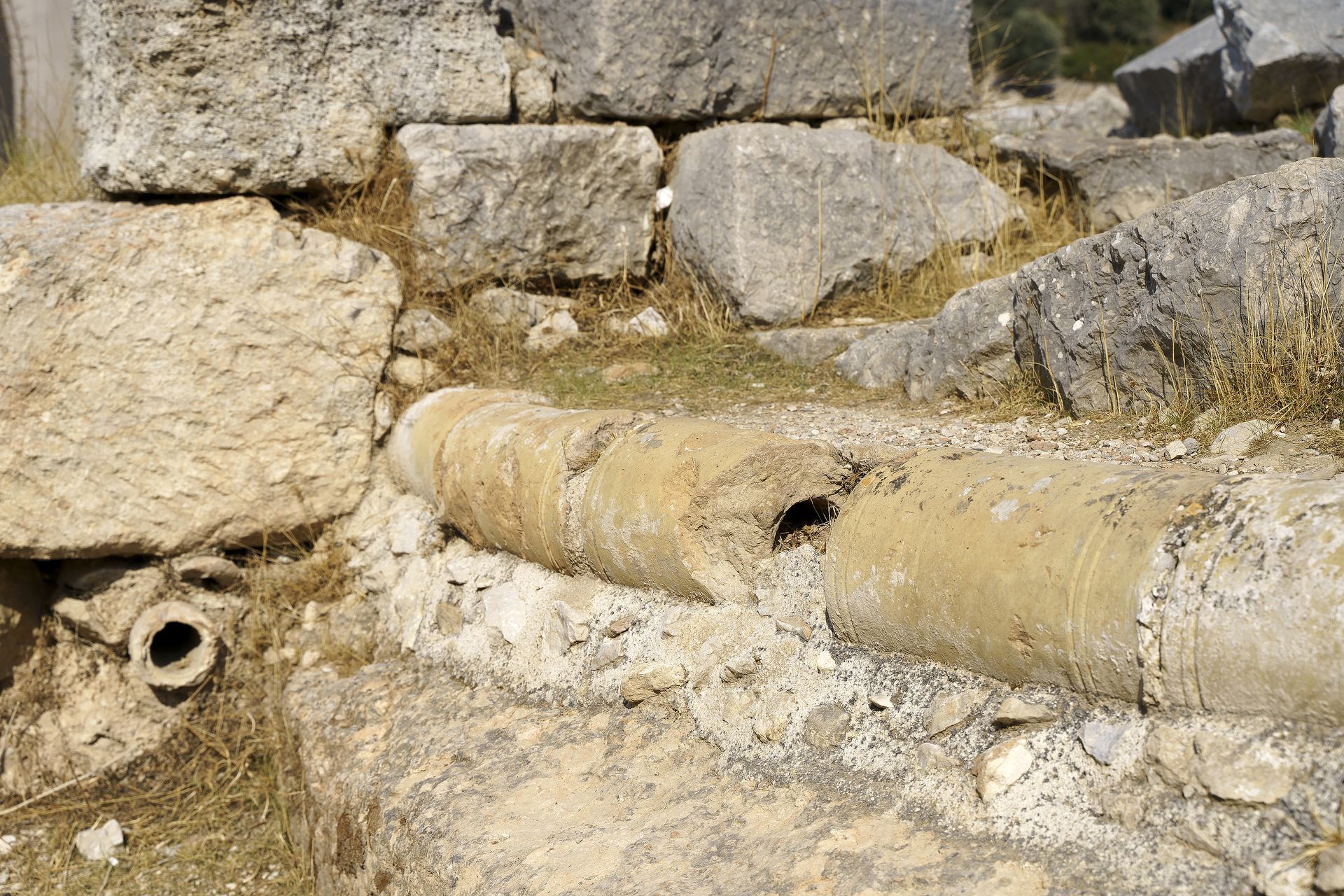
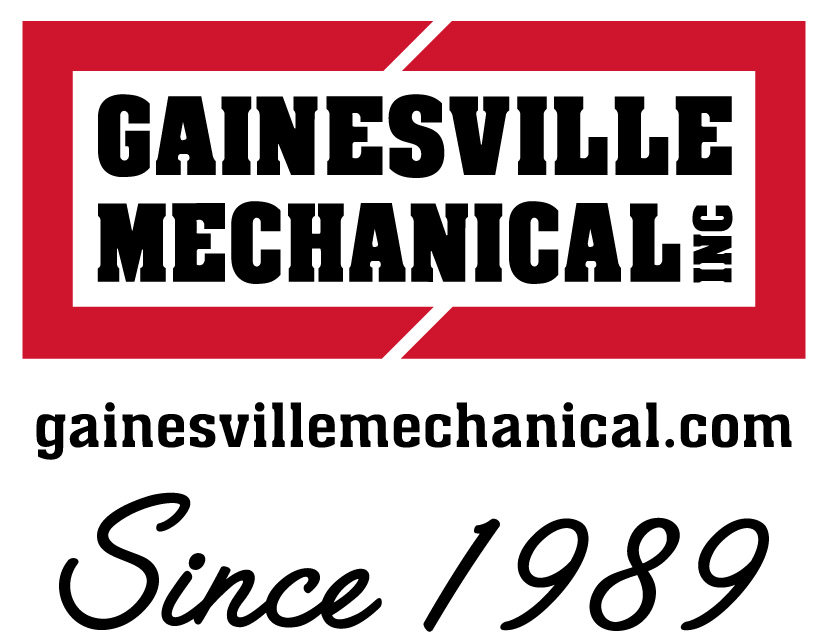
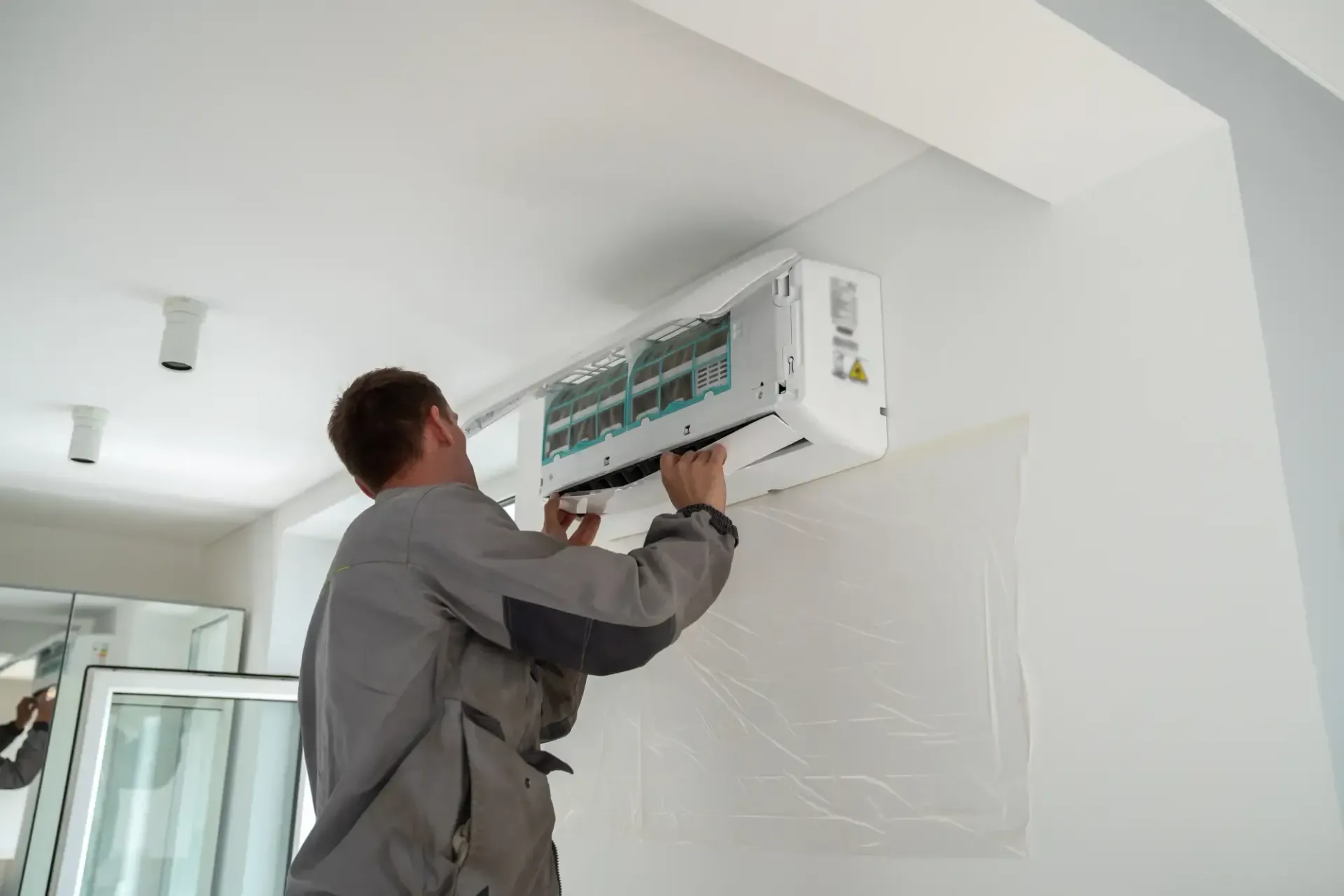
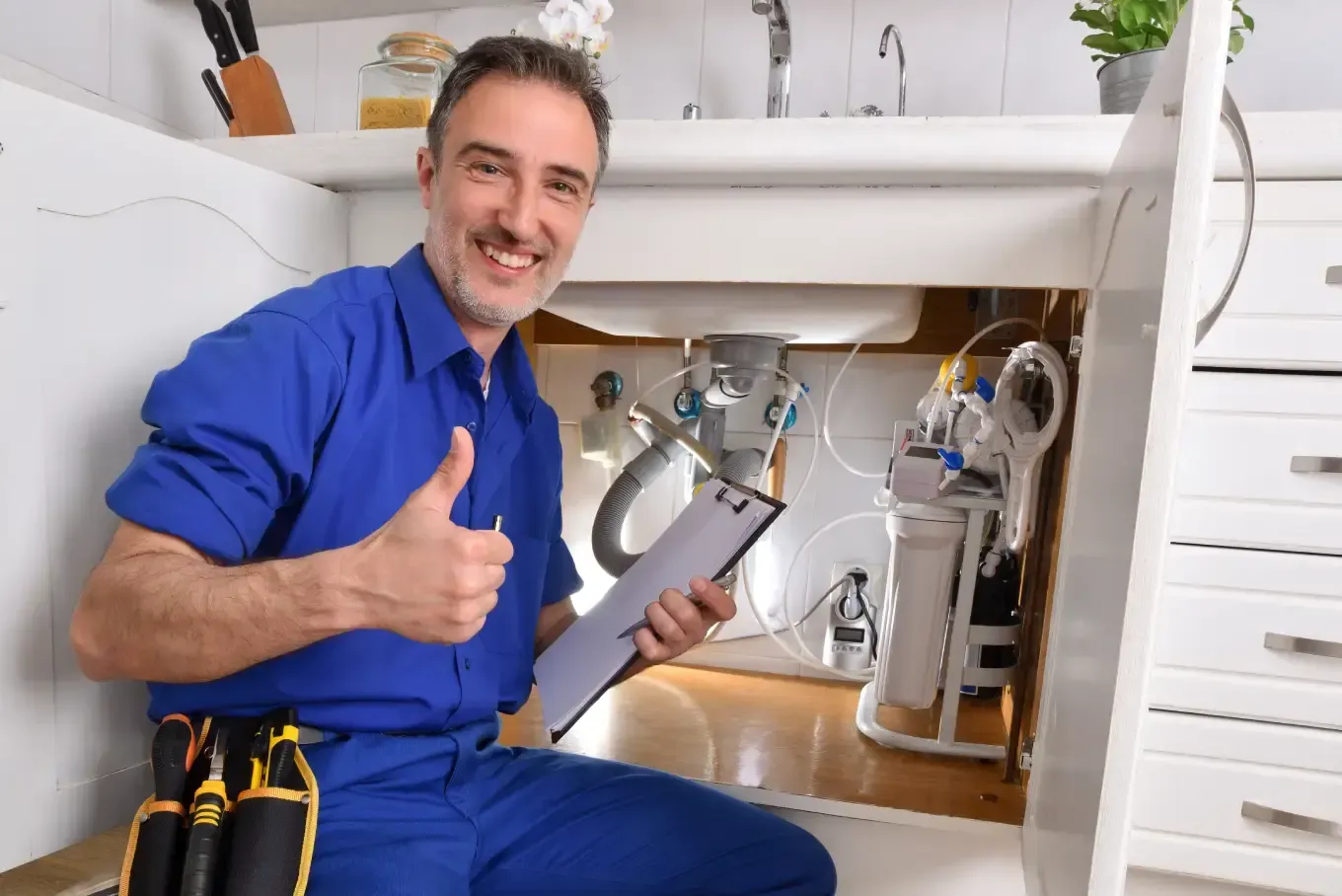
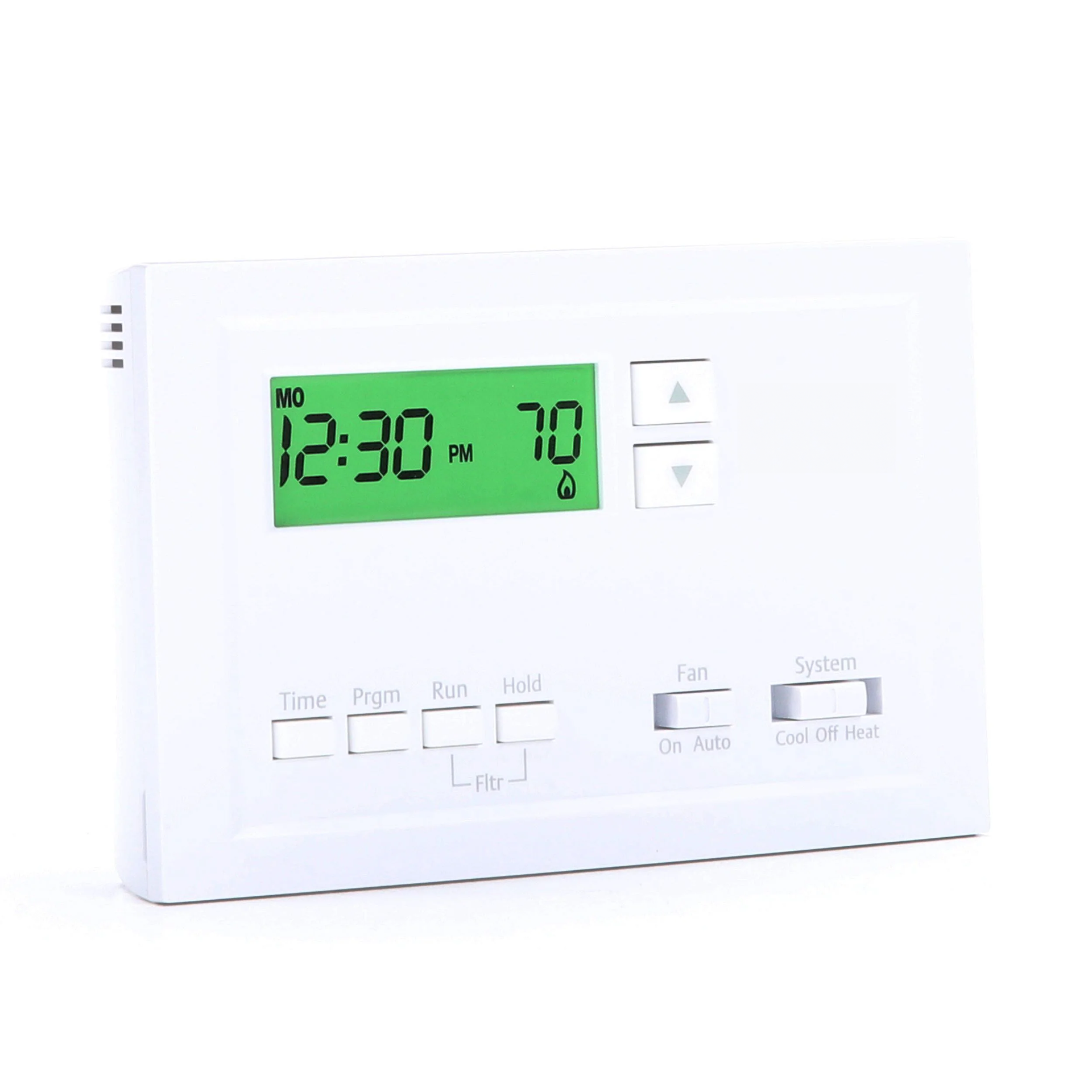
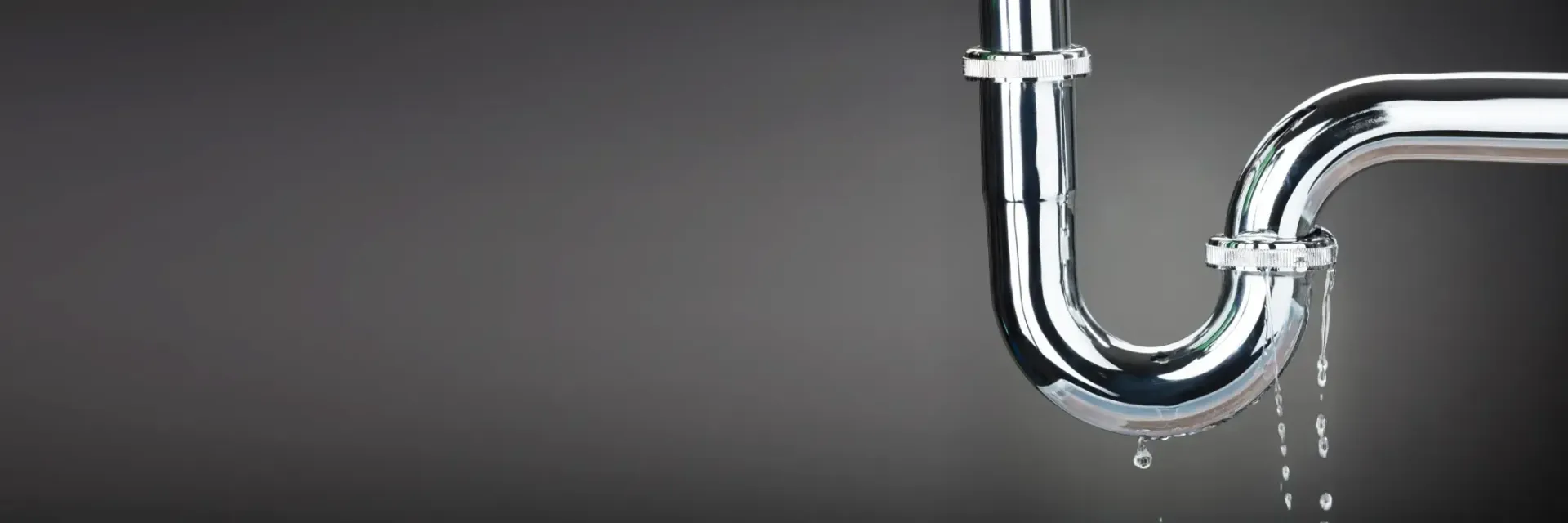
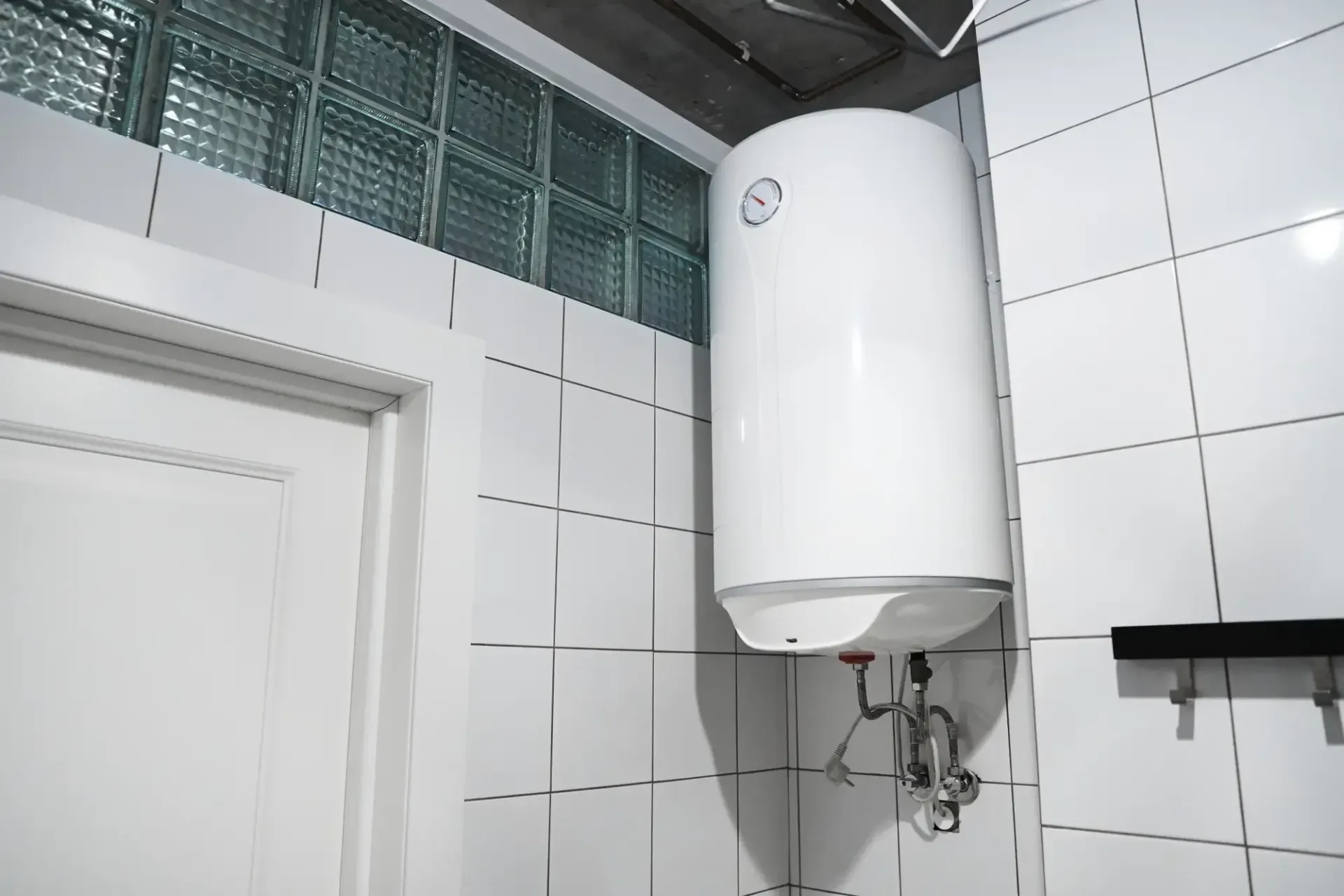
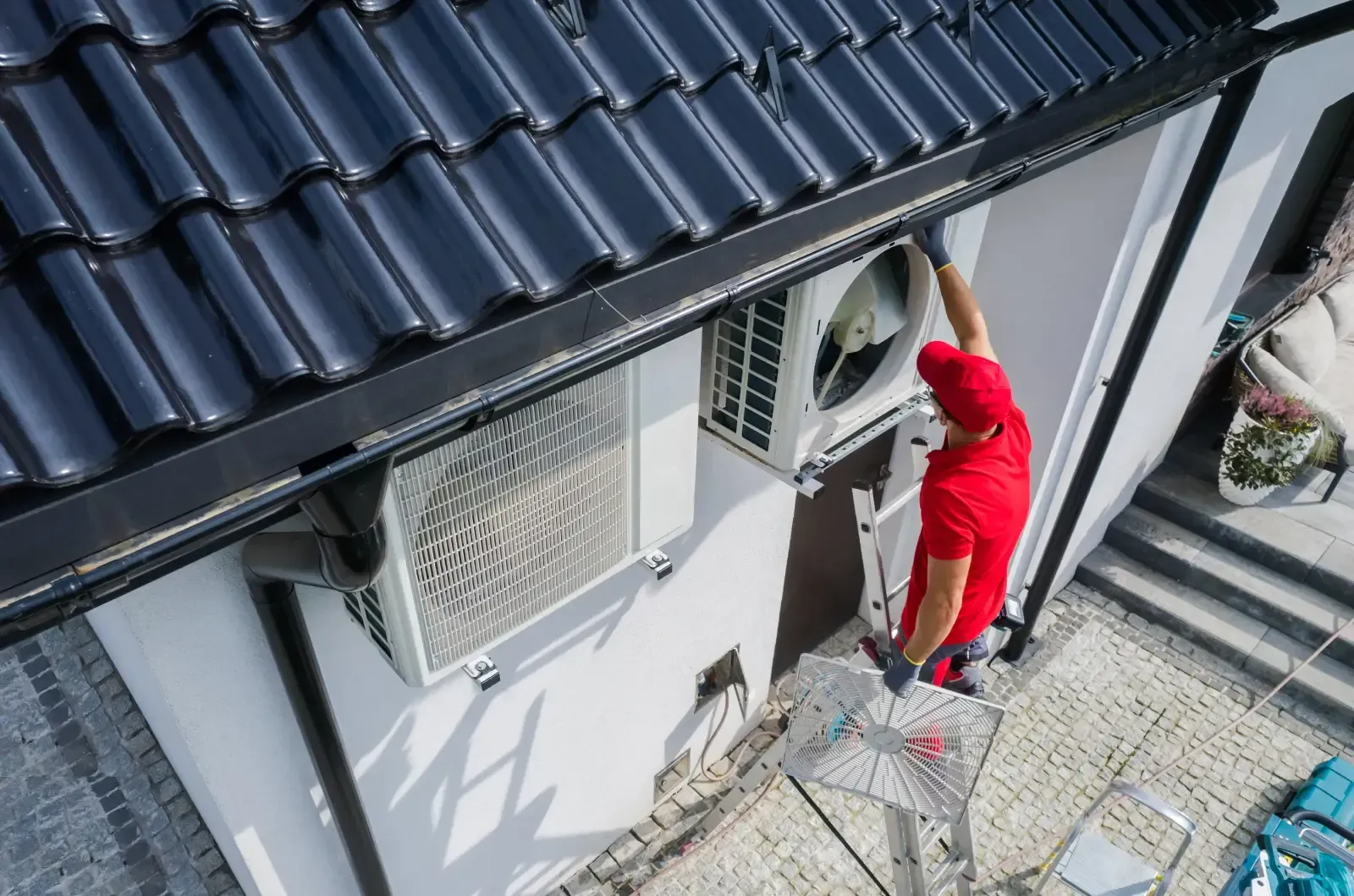
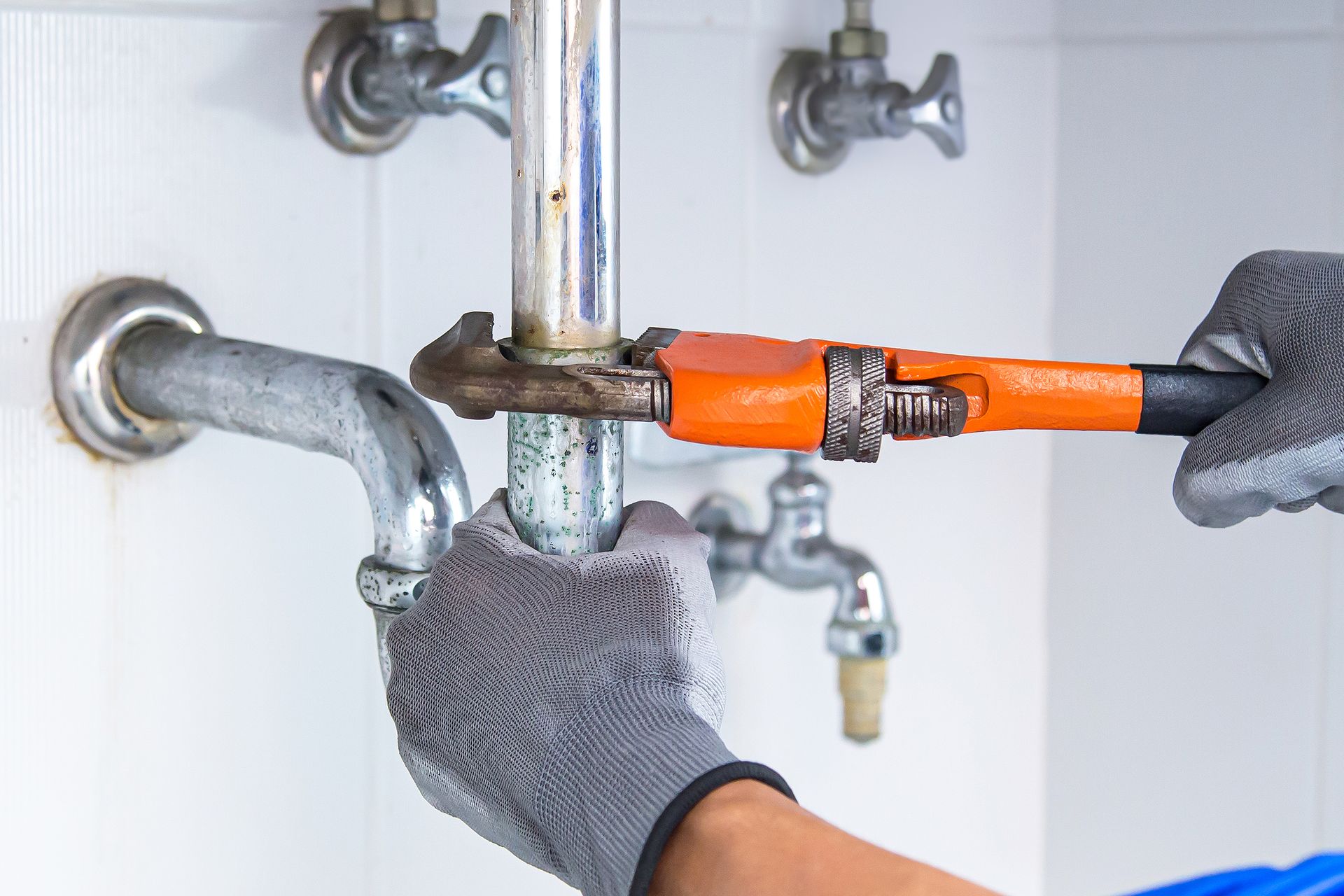
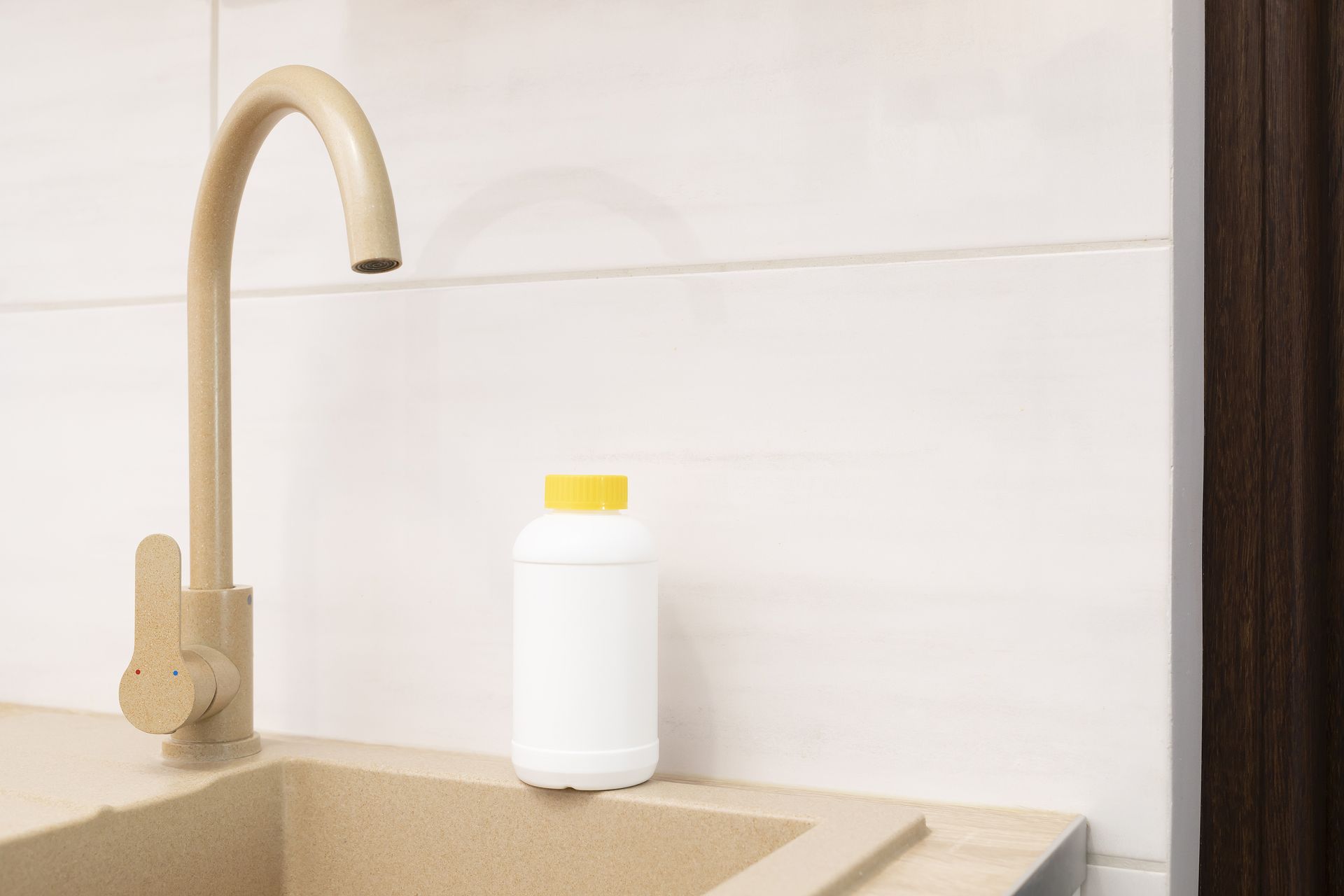
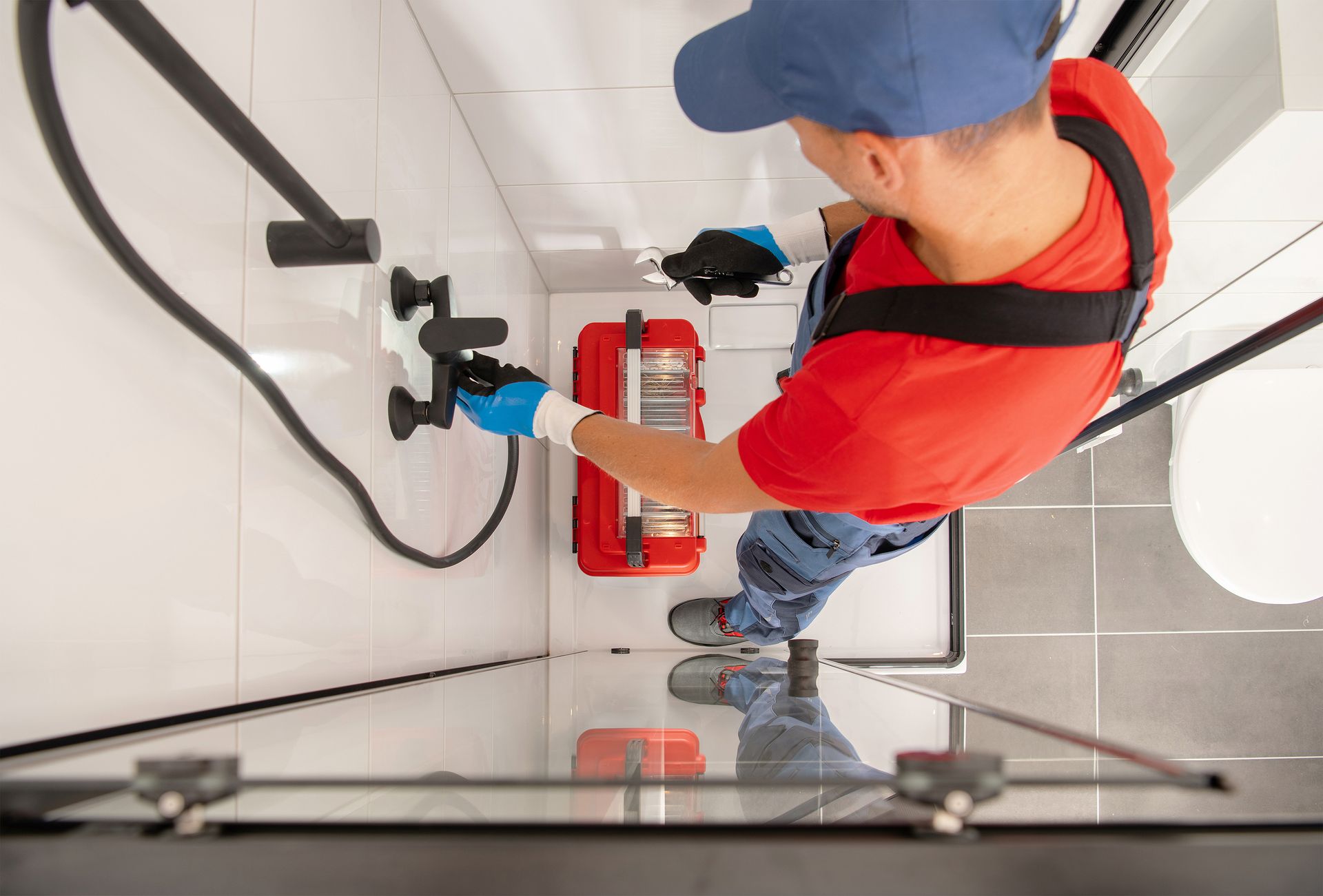
Share On: